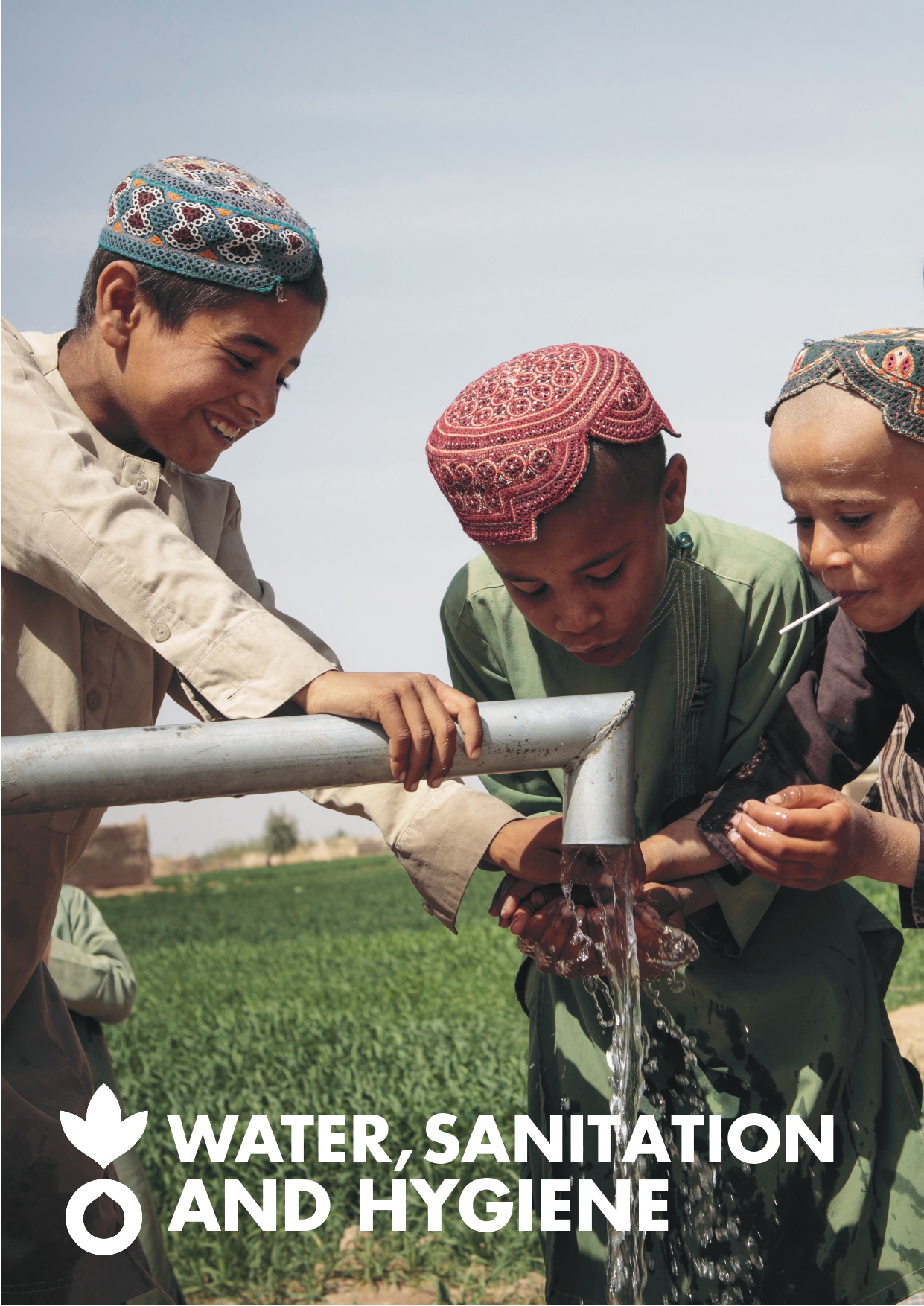
WASH
Two billion humans lack clean, safe water today. This proposition paper outlines the devastating effects of this and what Action Against Hunger is doing to combat it.
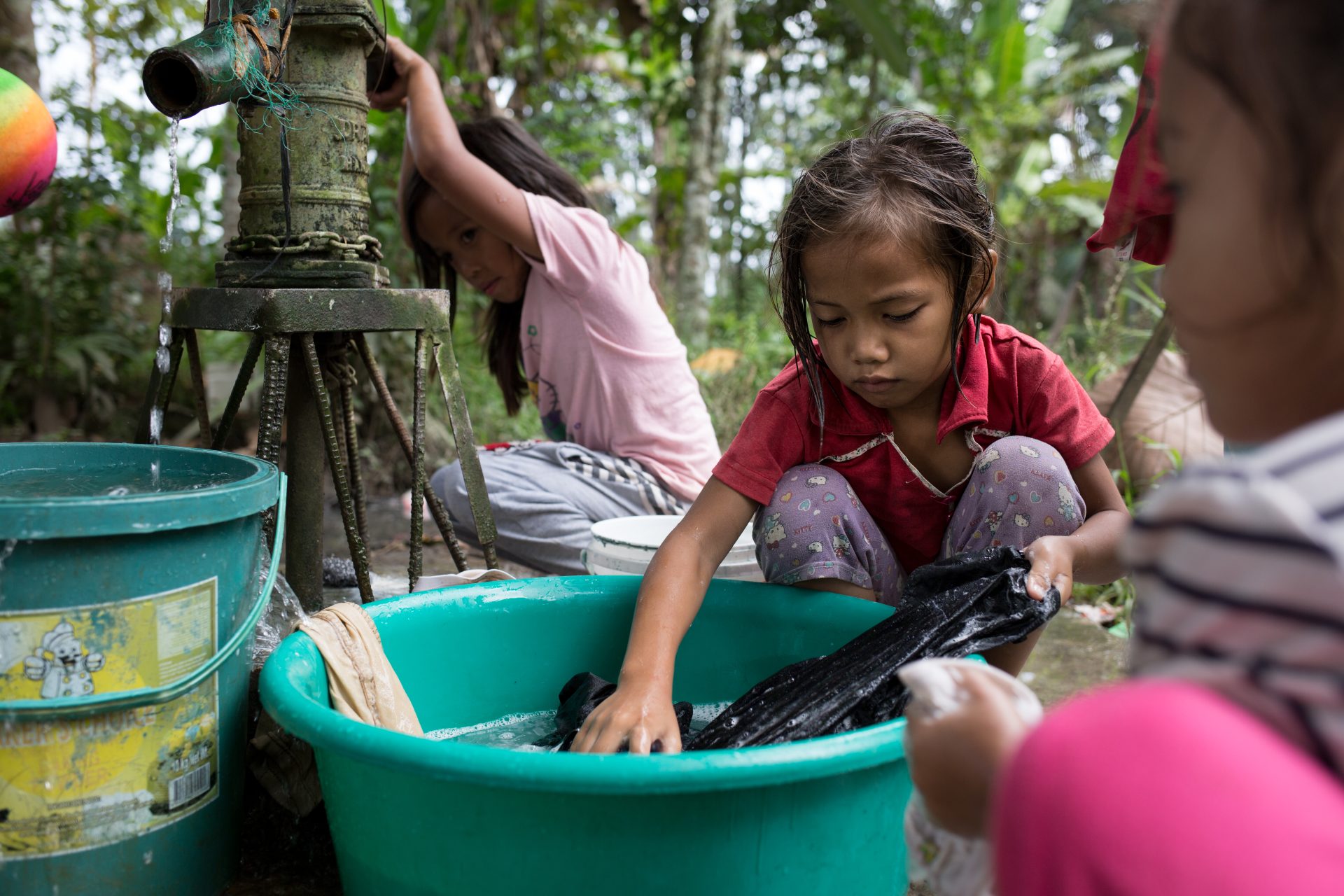
Every human needs to have a safe and reliable source of water.
You can live for three to five days without water.
If you have water but it’s dirty, you’ll get ill. And then it doesn’t matter if you eat healthy food, you’re losing it all and are then faced with life-threatening hunger.
But water is becoming more and more scarce. And we’re not talking about a small problem for a few people. Two billion humans don’t have access to water, sanitation and hygiene. One in 20 children under five who die, die for want of a tap.
While humans need water, so do crops and livestock. Around 70% of the water we use is for irrigation. With no crops or livestock, you and your family face life-threatening hunger.
What’s more, without water, you can’t keep clean which means diseases can easily spread. Every day, 1,000 children die from diarrhoea, dysentery, and cholera caused by dirty water and unhygienic living conditions.
A lack of water can also create conflict with communities fighting over dwindling supplies.
Climate change, causing more and longer droughts and famines as well as floods, is also a factor. Flooding destroys and contaminates water sources. Drought destroys crops and kills livestock.
We can’t fight life-threatening hunger and malnutrition without tackling the waterborne diseases that contribute to it. That’s why we bring safe water, sanitation, and hygiene services (known as WASH) to communities in need all over the world.
We’re bringing innovative clean water solutions to nearly 7 million people every year to prevent hunger and malnutrition.
We build and repair water points, toilets and latrines. We distribute water purification tablets and install water filters. We improve irrigation systems in rural communities.
And in homes and schools, we teach people about the importance of good hygiene.
By employing sophisticated geophysics, we are also able to locate water resources and tap aquifers. We protect natural springs and pipe water into villages and health centres.
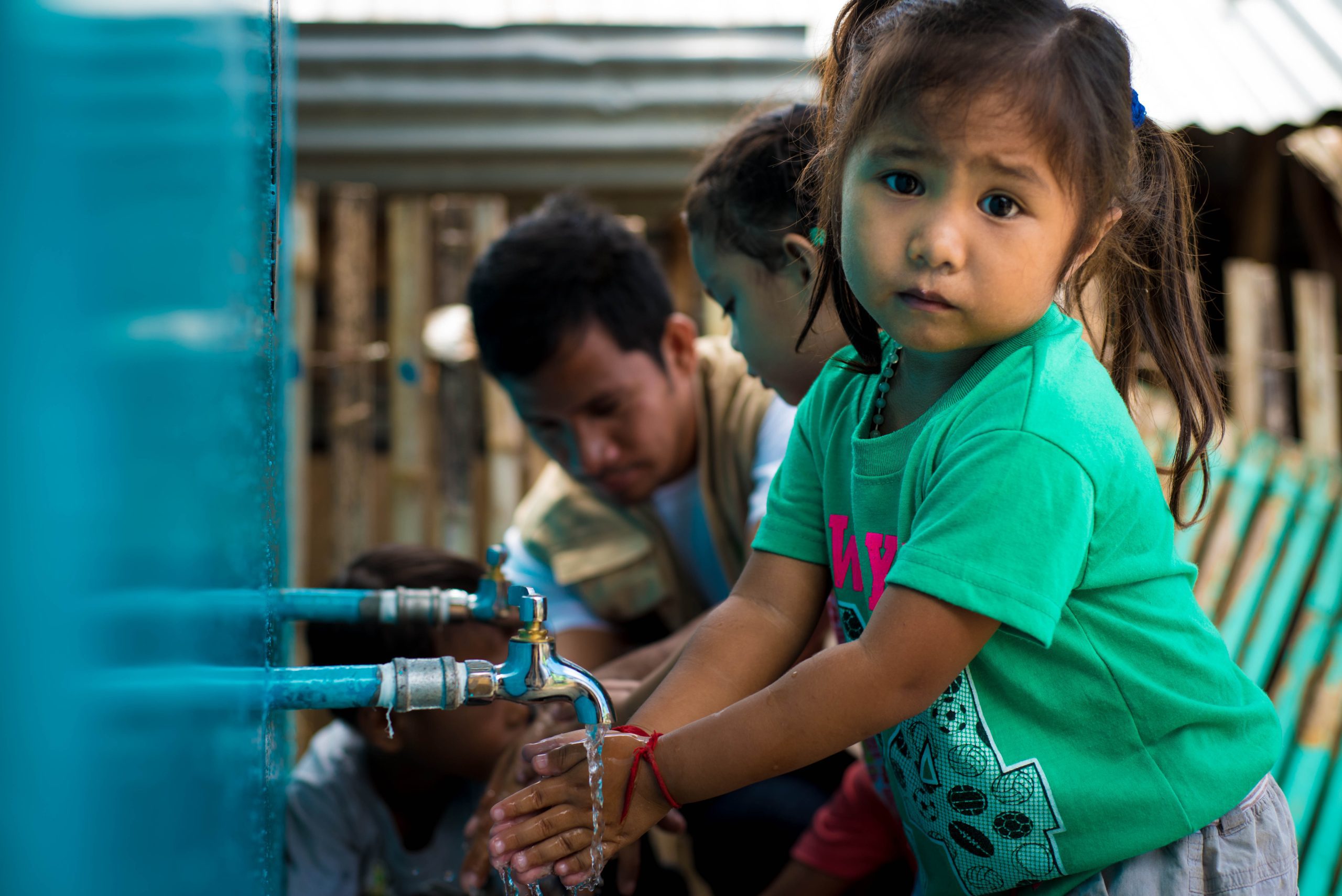
Maintaining water supplies needs more than quick fixes.
We work with communities to build local capacity and ownership to sustain water and sanitation improvements in the long run.
In “Water Committees”, elected community members manage and maintain water and sanitation systems we install. We also organise local health workers and volunteers to pass on good sanitation and hygiene practices to their neighbours.
Disasters can have an impact on water supplies.
So, in a crisis, we truck water into communities, repair water sources and install storage tanks and reservoirs. We drill new wells and fix and decontaminate unsafe ones. We install hand-pumps and protect natural springs. And pipe water into hard-to-reach villages and health centres.
Our specialists are trained to help different agencies and local authorities work together to get water and sanitation facilities up and running quickly. In so doing, we buy what we can from the local community to help strengthen the economy. This puts money and power in the hands of those communities we seek to help.
This means that we can bring life-saving water to communities at risk.
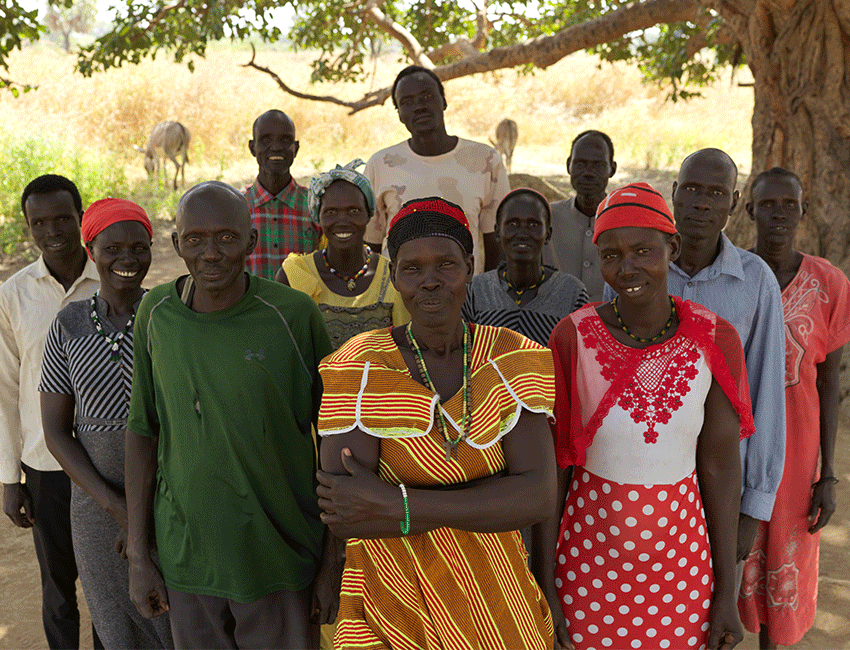
How Nyanut Kuan is committed to providing clean water for her village in South Sudan to improve the health of her local community.

Two billion humans lack clean, safe water today. This proposition paper outlines the devastating effects of this and what Action Against Hunger is doing to combat it.
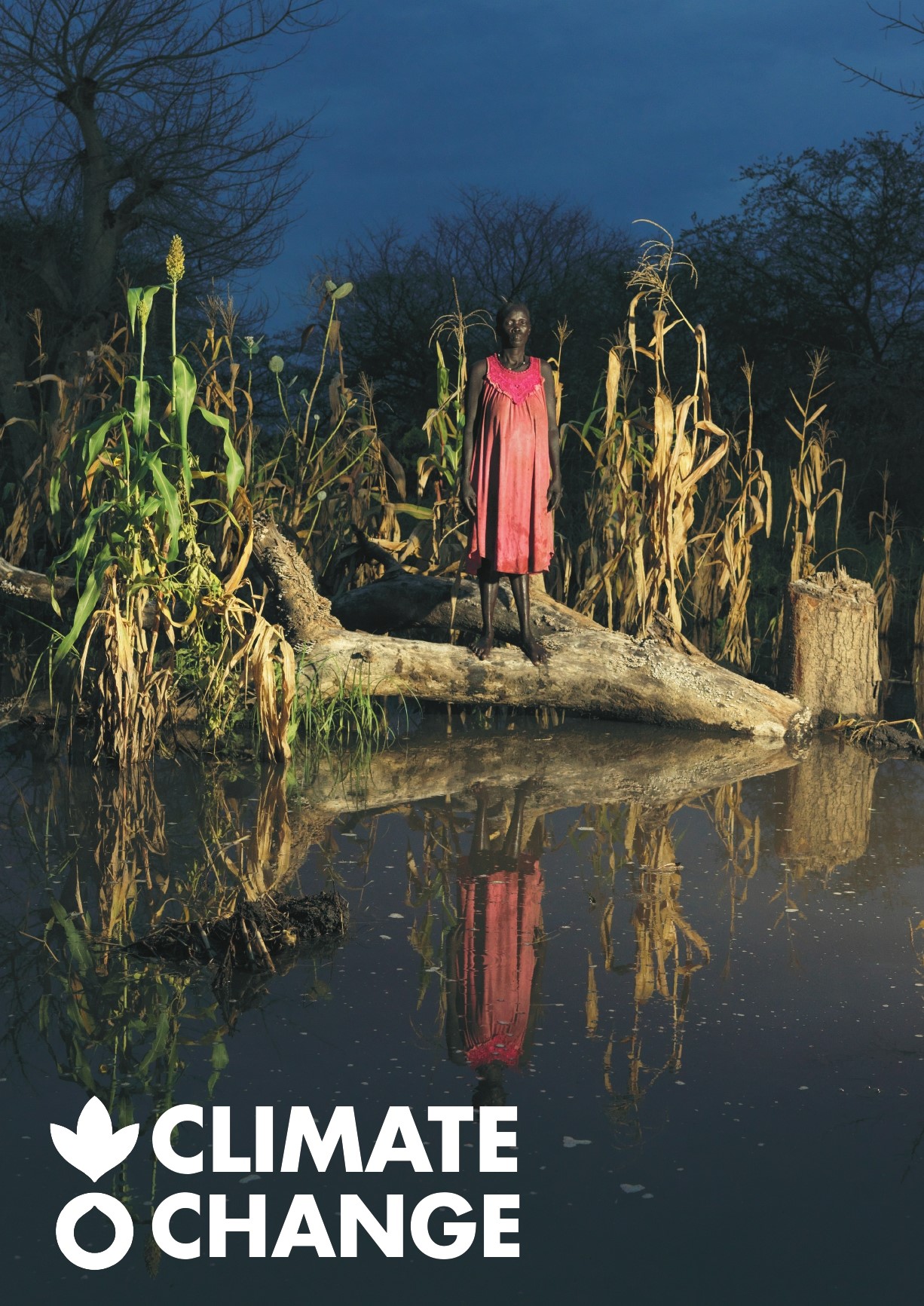
This proposition paper outlines the effects of climate change on those who already live in some of the toughest places on earth and what Action Against Hunger is doing to combat it.
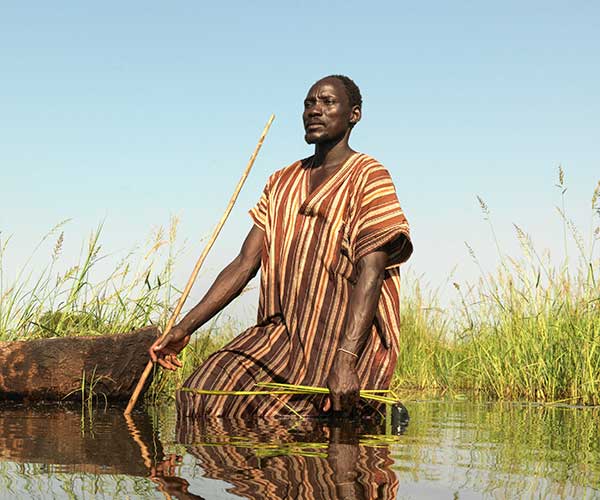
Rising temperatures, lack of rainfall and extreme weather are having a huge impact on already vulnerable communities.
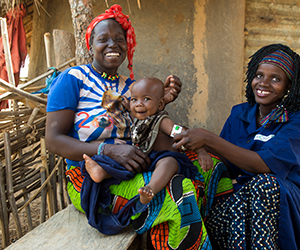
Providing children with the nutrition they need means they can fulfil their potential and build a brighter, healthier future.
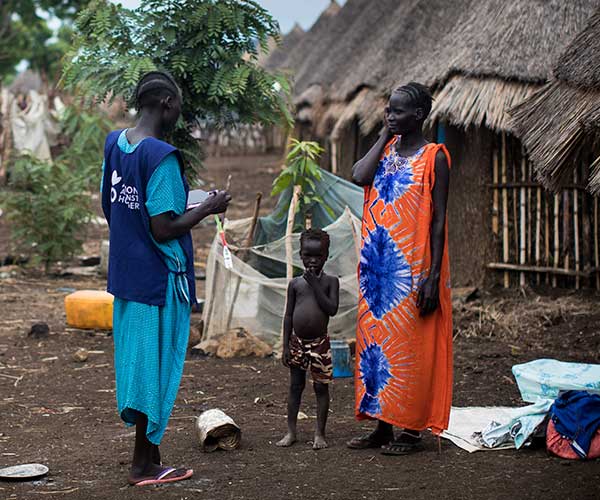
Most people facing hunger and malnutrition in the world today can be found in countries affected by conflict.